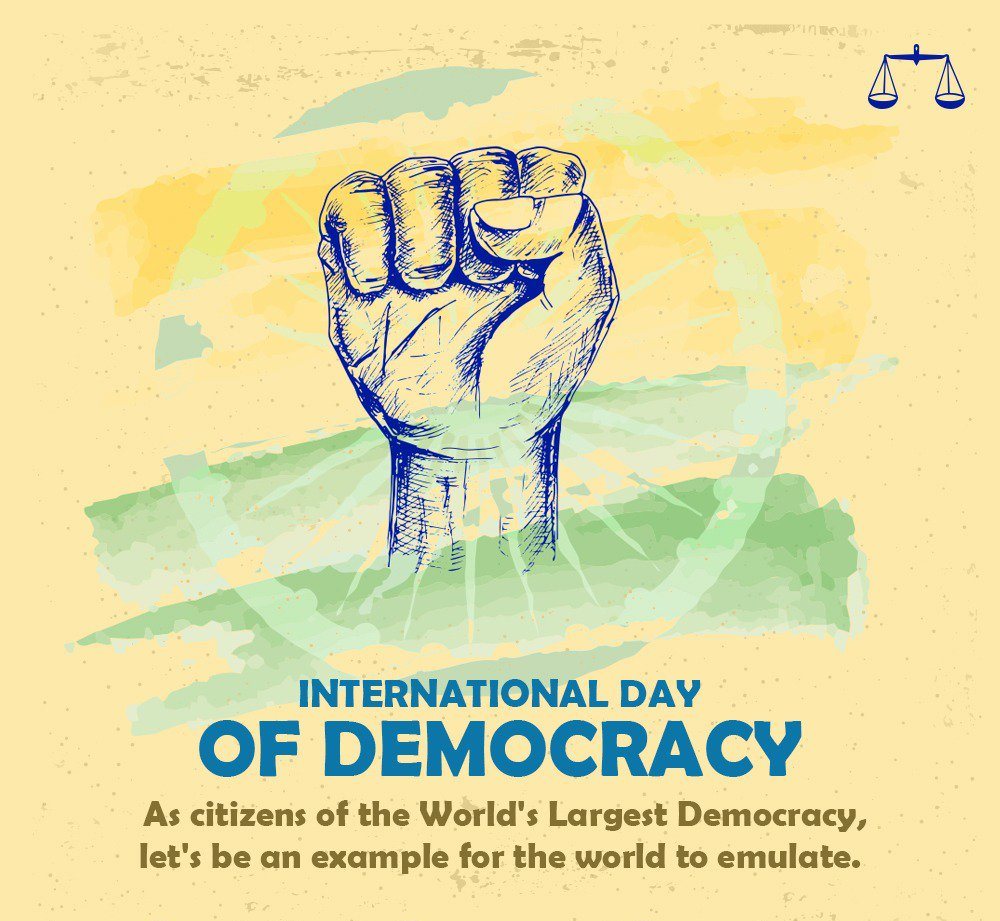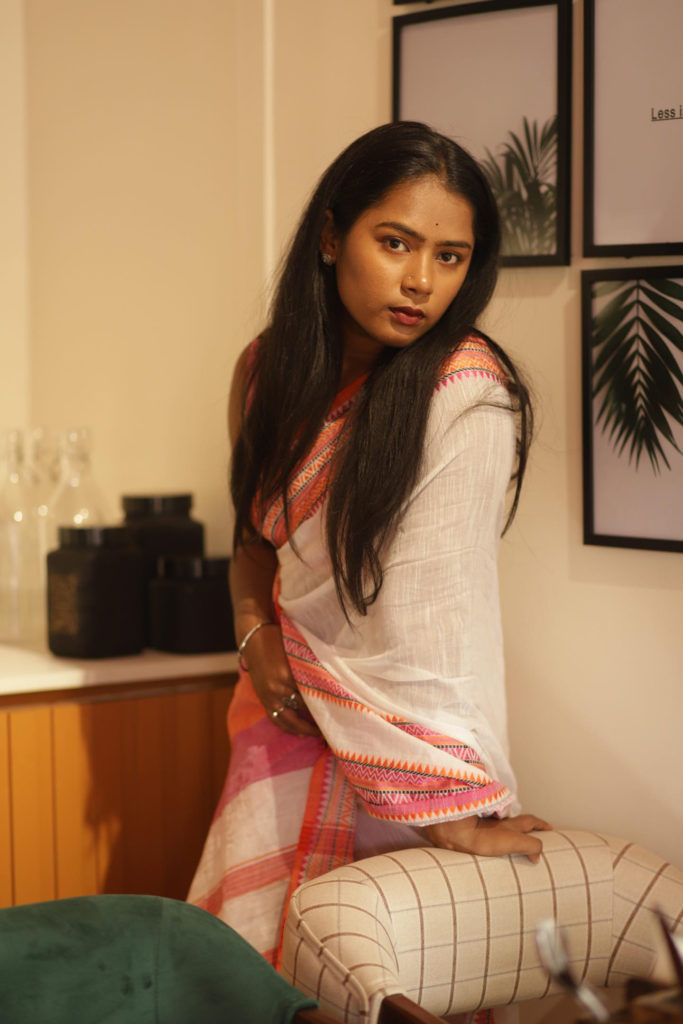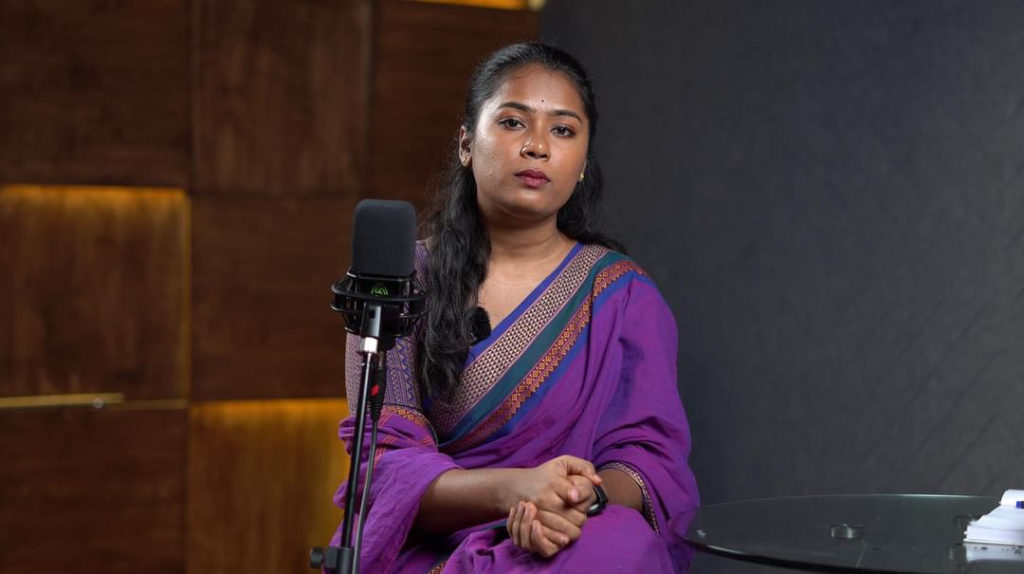“On the International Day of Democracy, we celebrate its promise to societies – and recognize the many threats it faces at this time of tension and turmoil.” – UN Secretary-General António Guterres
In 2007 the United Nations General Assembly resolved to observe 15 September as the International Day of Democracy, with the purpose of promoting and upholding the principles of democracy. All member states and organisations were invited to commemorate the day in an appropriate manner that contributes to raising public awareness.
“Freedom of Expression” is a fundamental human right, enshrined in Article 19 of the Universal Declaration of Human Rights. It states that “Everyone has the right to freedom of opinion and expression; this right includes freedom to hold opinions without interference and to seek, receive and impart information and ideas through any media and regardless of frontiers.” The link between democracy and press freedom is also enshrined in the International Covenant on Civil and Political Rights. However, there are governments around the world and those wielding power who find many ways to obstruct it.
Also Read: Celebrating Hindi Diwas With Janhvi Singh And Her Unique Content
International Day of Democracy
This is a Day dedicated to providing an opportunity to review the state of democracy in the world. Democracy is not just a goal, it’s a process. Only with the full participation of and support by the international community, national governing bodies, civil society, and individuals, can the ideal of democracy be made into a reality to be enjoyed by everyone, everywhere. This year’s theme for the International Day of Democracy is “Empowering the Next Generation.” It focuses on the important role played by the youth of the country in advancing democracy. It is about ensuring that their voices are included in the making of decisions that have a profound impact on their world.

The Custodians of Democracy
A well-educated, active voting population is at the heart of a robust democracy. Creating an environment in which young individuals believe in their influence is key. They will have to navigate a world in which democracies are under threat due to various factors. Thus, it is all the more essential for the youth to participate in the decision-making process that is crucial for their present and future. Unresolved conflicts, the rising threat of climate change, and financial turmoil pose a constant threat to democracies around the world.
“The walls are closing in on civic spaces,” warns United Nations Secretary-General António Guterres on the International Day of Democracy. In his message marking the day, the UN chief blames the current spread of mis- and disinformation to be poisoning public discourse, polarizing communities, and eroding trust in institutions. Given the damaging effect that all this false information can have on young people, this year’s International Day of Democracy theme is dedicated to the youth by focusing on their critical role in ensuring democracy prevails “today and in the future.”

The Youth and Climate Justice
The climate crisis is undeniably affecting the environment, posing a challenge to democracy. Issues like food security, migration, water scarcity, and extreme weather events are concerning for voters. Young adults around the world are extremely worried about the climate crisis and have demonstrated deep concern about it. Thousands of school children have taken part in large-scale protests and strikes, frustrated by the slow progress in reducing fossil fuel emissions. Realising that they will bear the brunt of the earlier generations’ actions, these young activists are also advocating for climate justice.
The United Nations acknowledges the significance of youth leadership on issues of international importance. The Office of the Secretary-General’s Envoy on Youth coordinates the Young Leaders for the Sustainable Development Goals, a group of 17 change-makers driving SDG progress. The Youth Advisory Group on Climate Change ensures the Secretary-General hears directly from young climate activists, who can share strategies for advancing climate action. The UN Democracy Fund (UNDEF) finances projects that empower civil society, promote human rights, and encourage the participation of all groups in democratic processes, including the youth.
About KeerthiHistory
When speaking about democracy and the nation’s history, an avid historian comes to mind. Keerthika Govindhasamy is a History Graduate and someone who takes a keen interest in exploring beyond what is known about our nation’s past. She doesn’t shy away from giving her opinions, she says it like it is and takes immense pride in her Tamil culture. Through her Instagram and YouTube channel, she revisits wrongly taught sections of our history with an aim to make the masses aware of the reality.

The Social Nation Team got the opportunity to interact with Keerthika Govindhasamy on the occasion of International Day Of Democracy. Let’s take you through some of the excerpts from this insightful conversation:
Keerthika, your background sounds as interesting as India’s history, could you share your journey in this domain so far with us?
“I would love to. So, I come from a rural part of Tamil Nadu. I had big dreams but I didn’t have access to them. I have always wanted to become an archaeologist since I was 12 years old and was very stubborn about it. But nobody around me had any clue about archaeology.” Given the fact that Keerthika’s parents weren’t educated and that she was the firstborn, she had no one to guide her. Figuring out how it works was a challenge. But she did it eventually, as she could grasp things quickly and was good at studies too.
She mentioned that in villages, everyone has an opinion to give over others’ life decisions. One of the many things that she was told was, “Archeology talks about sex and all. So a girl child shouldn’t be studying that.” She further added that as a course, archaeology isn’t that well-known. Nobody was teaching it in her city and her parents were not at all ready to send her out back then. Hence, she ended up opting for History, thinking she would do a Masters in Archaeology.
At the time, she felt that the only career option under History was to be a teacher which wasn’t essentially her interest. “I worked for a while, and then Jio happened! We got easy access to the Internet. I started using social media and slowly got better at it. I used to watch historical podcasts regularly and then thought about making videos myself. Initially, I really struggled.” From shooting to editing, Keerthika had to do everything by herself. Now, she’s grateful to have a team. They kept at it and then one day it clicked!
Your bio reads “A History Graduate Who Wants To Tell The Real History Of India That The Education System Has Forgotten!” How did this come about?
“The history that we studied in our academic years is quite sugarcoated. I realised this towards the end of my graduation.” Keerthika mentioned that every time she came across a different version of what she studied earlier, it would really upset her. That’s when she decided that she wanted to share the real facts, and twisted truths that people aren’t as familiar with. “And that’s how I got the tagline,” she says.

India is considered to be the biggest democracy in the world, what are your views on that?
“Now we’re talking. Many think India became a democracy only after 1947. But that’s not true. Democracy has always been a part of our culture. Even though ‘kings’ happened hereditarily, many of the village chiefs and panchayat officials were elected democratically. Particularly in Tamil areas, we had a process called the ‘kudavolai system‘. So in some way, it’s always been a part of our culture.” When further asked how she felt about our country’s evolution as a democracy, she believes that we are doing pretty well since the last 76 years.
Do you feel democracy is perceived differently in different regions of the country?
“I strongly do!” According to Keerthika, the perception of democracy differs as per who is in power and where.
What according to you is the ideal way to preserve our democracy for the future?
“Do not ever take the side of a party. Do not become a fanatic. Always analyse what they are doing, whether it is for the well-being of the people or for their own good. And please vote accordingly! Don’t support someone’s wrongdoings just because you like them. But also do not criticise their good deeds just because you don’t like them!“

What according to you are the challenges of India’s democracy?
“Corruption,” answered Keerthika. This has been a deep-routed issue that our nation has been facing since time immemorial. It’s seeded at every level benefitting the already rich while the poor and middle class suffers each time.
P.S. All views pertaining to the interview are of the creator and not Social Nation.
Well, wasn’t that enlightening? We definitely learned something new today! Happy International Day of Democracy, everyone 🙂


